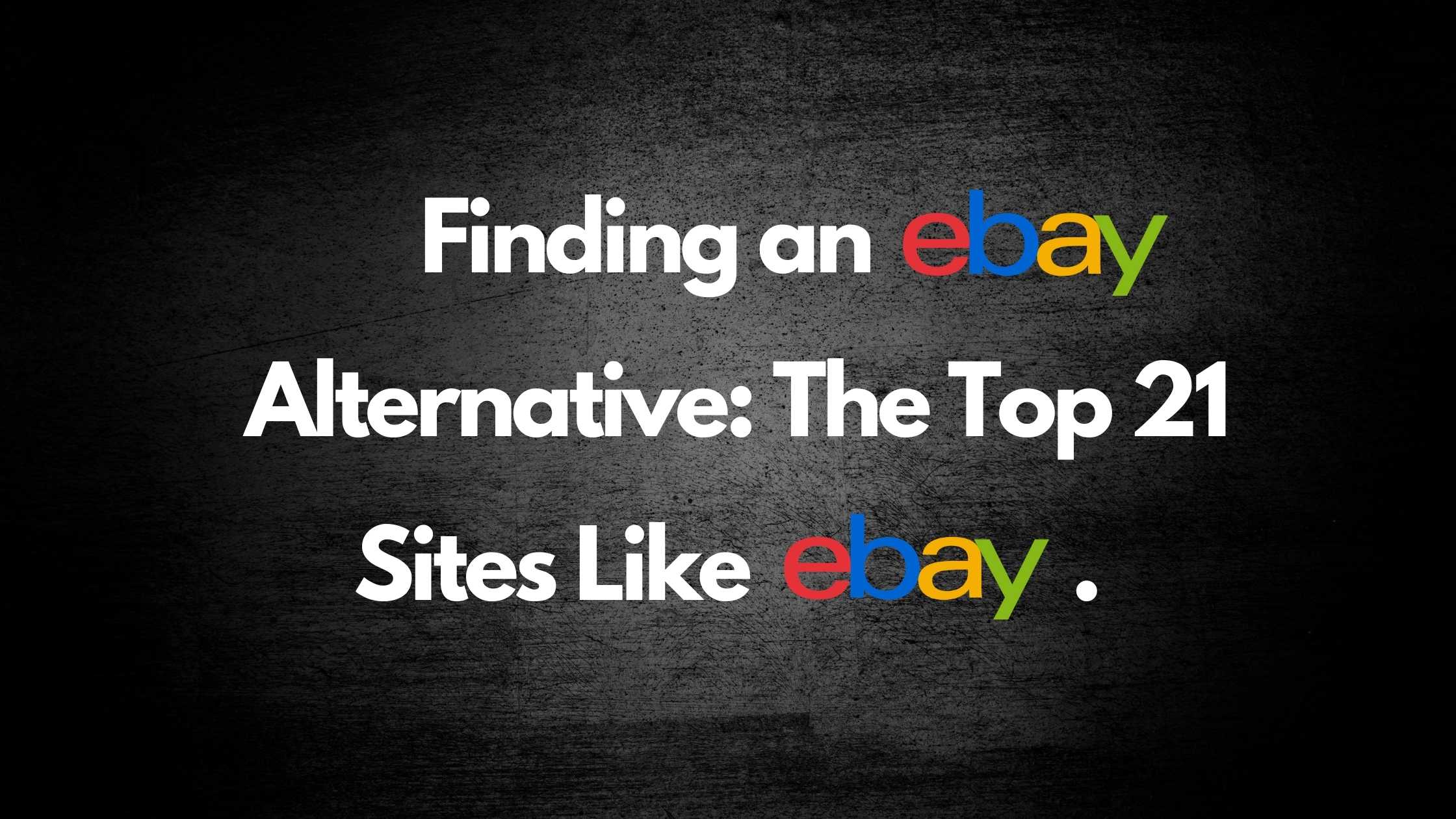
Can You Monetize Reaction Videos (On YouTube)?
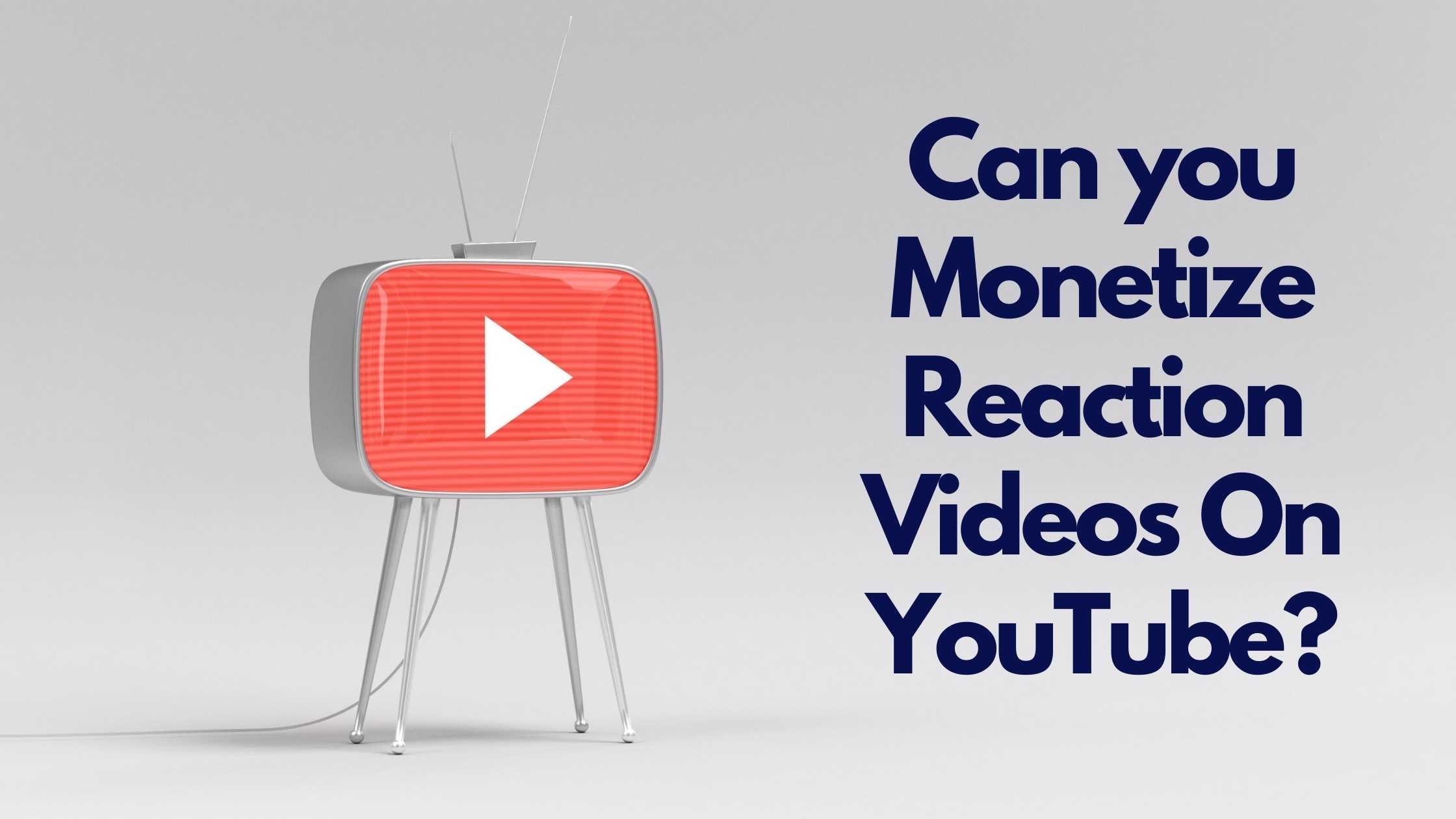
If you’ve got a YouTube channel with reaction videos, you’ve probably wondered whether you can make any money. The fact that reaction videos can potentially contain copyrighted material means that they may violate YouTube’s Fair Use policy.
Reaction videos can’t usually be monetized on YouTube if they contain copyrighted material that can be seen or heard, or if you’re reacting to content on another YouTube channel when you don’t have permission from the original creator. YouTube is very restrictive about monetized channels because of so much repeat content on the site.
Monetizing videos on YouTube isn’t impossible, but it’s more complicated than many people can pull off. Keep reading to learn more about how monetizing reaction videos on YouTube works.
Monetizing a Reaction Video is Complicated
There are two major issues involved with monetizing a reaction video:
- Copyright claims
- Redundant content
The first issue is pretty self-explanatory. By putting material in a video such as movie clips or clips of gameplay in a video game, you are violating the copyright of the original creators of that content. Once the copyright holder makes a claim, YouTube will pull the video and notify you. Reaction videos, by nature, are more likely to be removed for copyright claims than other types of videos.
The other issue involving monetized reaction videos is that they usually include video content that is found elsewhere on YouTube. Because it’s grown so large as a website, YouTube has made recent efforts to curb the uploading of repetitive content by restricting the monetization of YouTube channels.
Therefore, YouTube will not even accept an application to monetize your channel unless the following conditions are met (Source: Oberlo):
- 4,000+ combined watch hours from your viewers within the past year
- 1,000+ subscribers
Even then, just because you’ve met the qualifications to apply for monetization doesn’t mean that your application is going to go through. Suppose you’re doing a video to the same blockbuster game launch trailers that fifty other channels are already doing. In that case, there’s no chance that you’ll be able to achieve traditional monetization through YouTube.
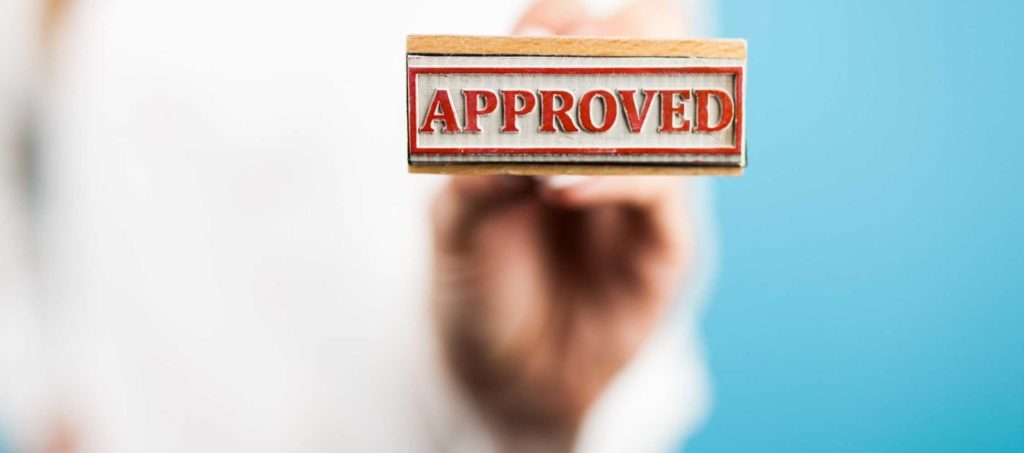
Very Few New Channels Get Approval for Monetization
YouTube has cracked down on restricting the monetization of its channels. The reality is that very few new channels get approved for monetization. Now creators only get two shots at getting monetized. So, before you apply for monetization, you should make sure that you have a strong following ( stronger than the bare minimum requirements) and that your content is original and different from other content in your niche category. (Source: Tough Nickel)
Suppose you’re doing a video for movie trailers. In that case, you need to pick trailers with fewer reaction videos on YouTube to garner interest. Your application for monetization will be rejected if video topics are too similar to others or don’t add much commentary to clips that you used. And once you’ve been rejected, you only get one more shot to get monetized.
When You Can’t Monetize a Reaction Video
There are two main reasons you can’t monetize a reaction video through YouTube, and they both involve media copyright claims.
Here are the two conditions that forbid you from monetizing your video:
- When the copyrighted media can be seen or heard
- When it is another YouTube Video you don’t have permission from the original creator to use
In many cases, there are bots across YouTube that are designed to recognize the use of copyrighted material and flag it for the creators, who will then report it to YouTube with a copyright claim called a Content ID Claim. (Source: YouTube Help) This is because, as a video creator, you can’t make money on someone else’s copyrighted material.
In a Content ID Claim, the creator will cause YouTube to block the video or will allow the video to remain up with advertisements that benefit the original creator, not the person doing the reaction video. Either way, you’re not getting monetized. You may be allowed to leave the video up, but you won’t make money off it.
Sometimes reaction videos can get up on YouTube and remain posted for quite a while before being flagged for copyright claims, but once a claim is filed, the creator of the clip has a few different options:
- Do nothing: The video remains blocked under the claim or runs with ads that benefit another party.
- Cut the content: A way to get around copyright claims on reaction videos is to cut out the content that causes the video to be flagged. This is called “trimming.”
- Remove or swap the music: Copyrighted music is one of the quickest ways to get a copyright claim flagged, so to avoid this, you should remove copyrighted music or swap it out for royalty-free music in your reaction videos. You also sometimes have the option to share revenue with the original owners of the copyright.
- Dispute the claim: Disputing the claim is often a poor decision since copyright claims are rarely made without evidence. But if you believe that there was a mistake on YouTube’s end, you can contact the website and request an appeal.
Reaction Videos Fall Under Fair Use Before Monetization
Before monetization, copyrighted material in videos falls under fair use laws, which means that the material can be presented as long as there is no profit made from it and that it is being used in a “transformative” way. (Source: Stanford University) But once you try to monetize your YouTube channel or your reaction videos, then you violate copyright.
Here are some of the standards that make your video fair use content before monetization:
- Criticism: If your reaction video is a criticism of content, then it is viable fair use.
- Journalism: If your reaction video is journalistic (such as movie reviews or amateur games journalism), then you can typically use clips under fair use.
- Teaching: If you are doing a reaction video as part of a teaching channel, then you can claim the copyrighted material under fair use.
- Research: If you are doing a reaction video as part of research, then it falls under fair use.
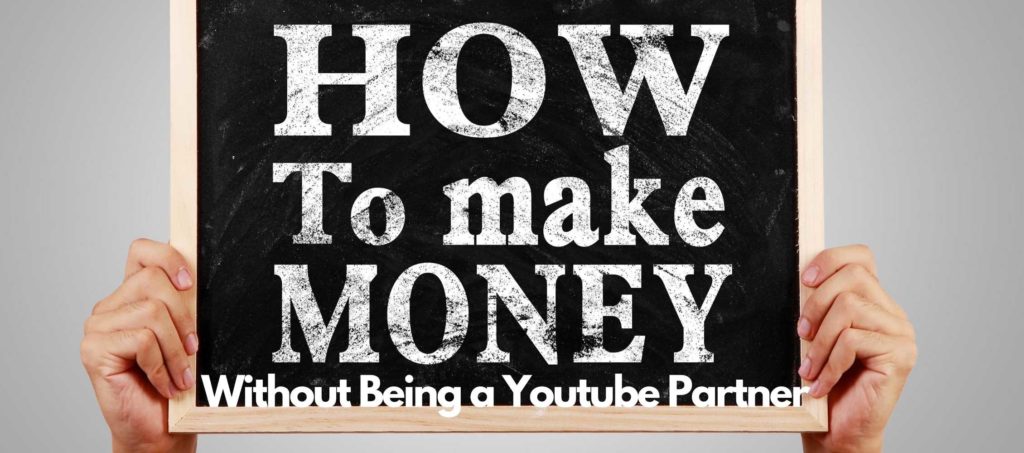
How Can You Make Money on YouTube Without Being a YouTube Partner?
Suppose you can’t get monetized directly through YouTube for your videos. In that case, there are other options to make money off your YouTube reaction videos.
Here are a few other options you have to make money off your YouTube channel without going directly through YouTube:
- Affiliate sponsors: By linking to your affiliate sponsors in your YouTube video descriptions, you can make money whenever your viewers click out of YouTube to affiliate websites and content.
- Product endorsements: If you’re willing to do commercials and you have enough product endorsements and partnerships, this can also be a way to help you monetize your YouTube reaction videos without going through AdSense
Keep in mind that even if you can still make money off your videos on YouTube without being monetized directly by YouTube, you may still have your content blocked for copyright claims if you’re not careful.
You Can Make Money on Reaction Videos, But Beware of Copyright Claims
It’s possible to make money on reaction videos if you have a large enough following on YouTube, but copyright claims can get your videos pulled if you’re not good at trimming your content and keeping copyrighted music out.
Getting monetized by YouTube itself has never been harder, but that doesn’t mean you can’t make money on your videos through other means. If you have the subscribers to back you up, you can always find a way to make money.
Recommended Blog Posts:
TRENDING


Online Arbitrage for Beginners (Step-by-Step Guide)
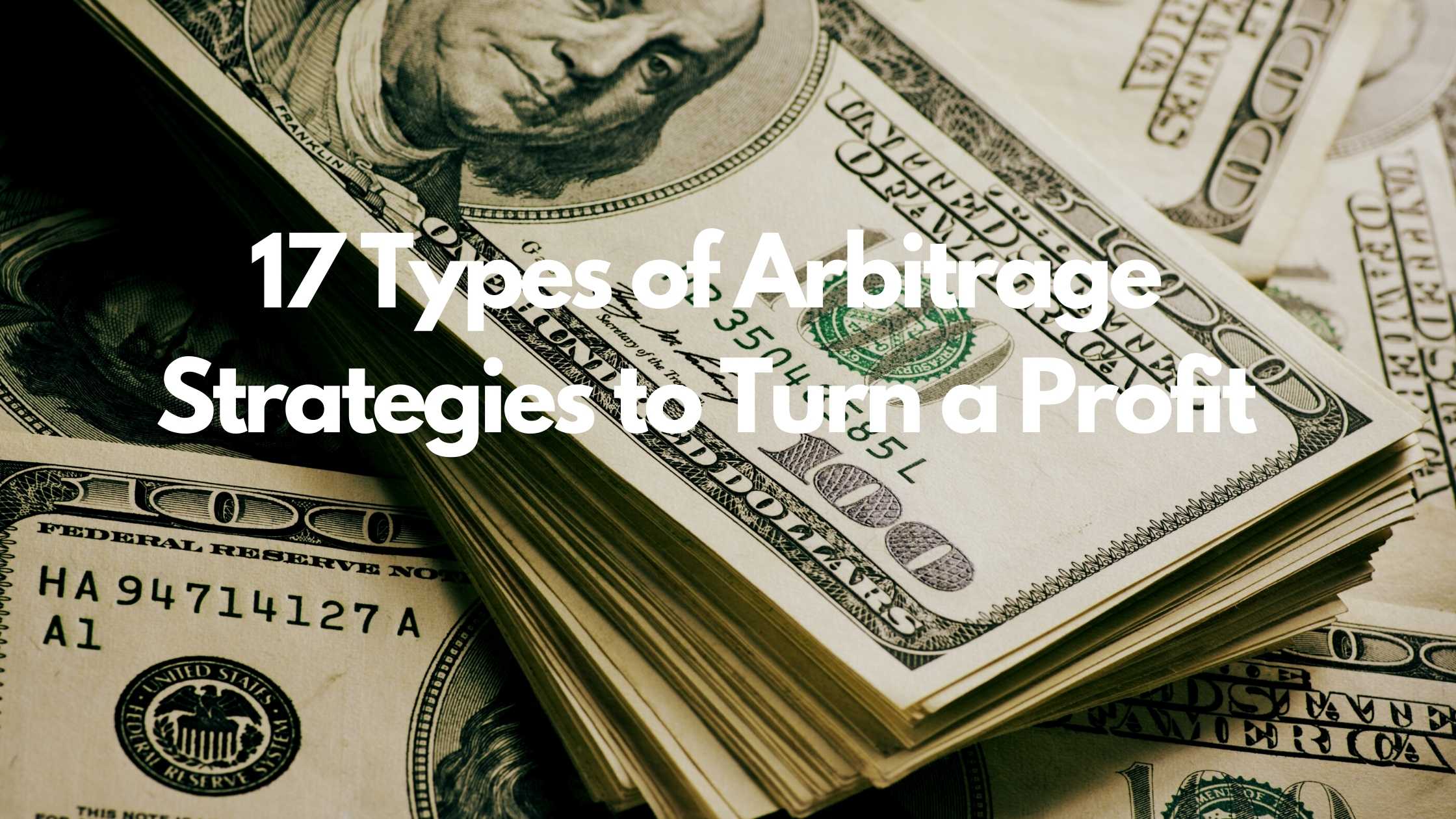
17 Types of Arbitrage Strategies to Turn a Profit
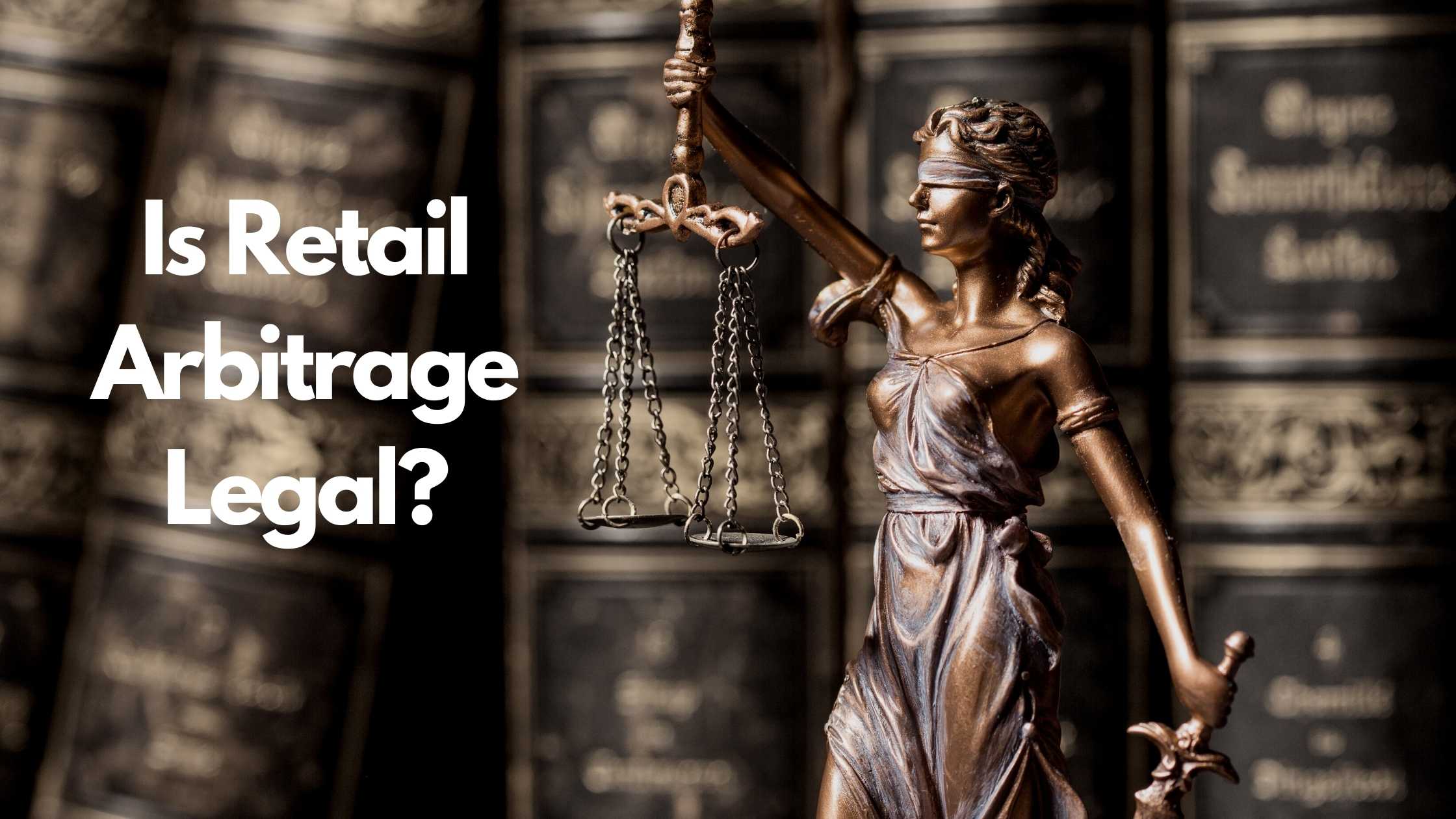
Is Retail Arbitrage Legal?

How to Turn Textbook Arbitrage into a Business for Profit

How Can You Tell if a Book is a First Edition?

What to Do With Your Jigsaw Puzzle When Finished?
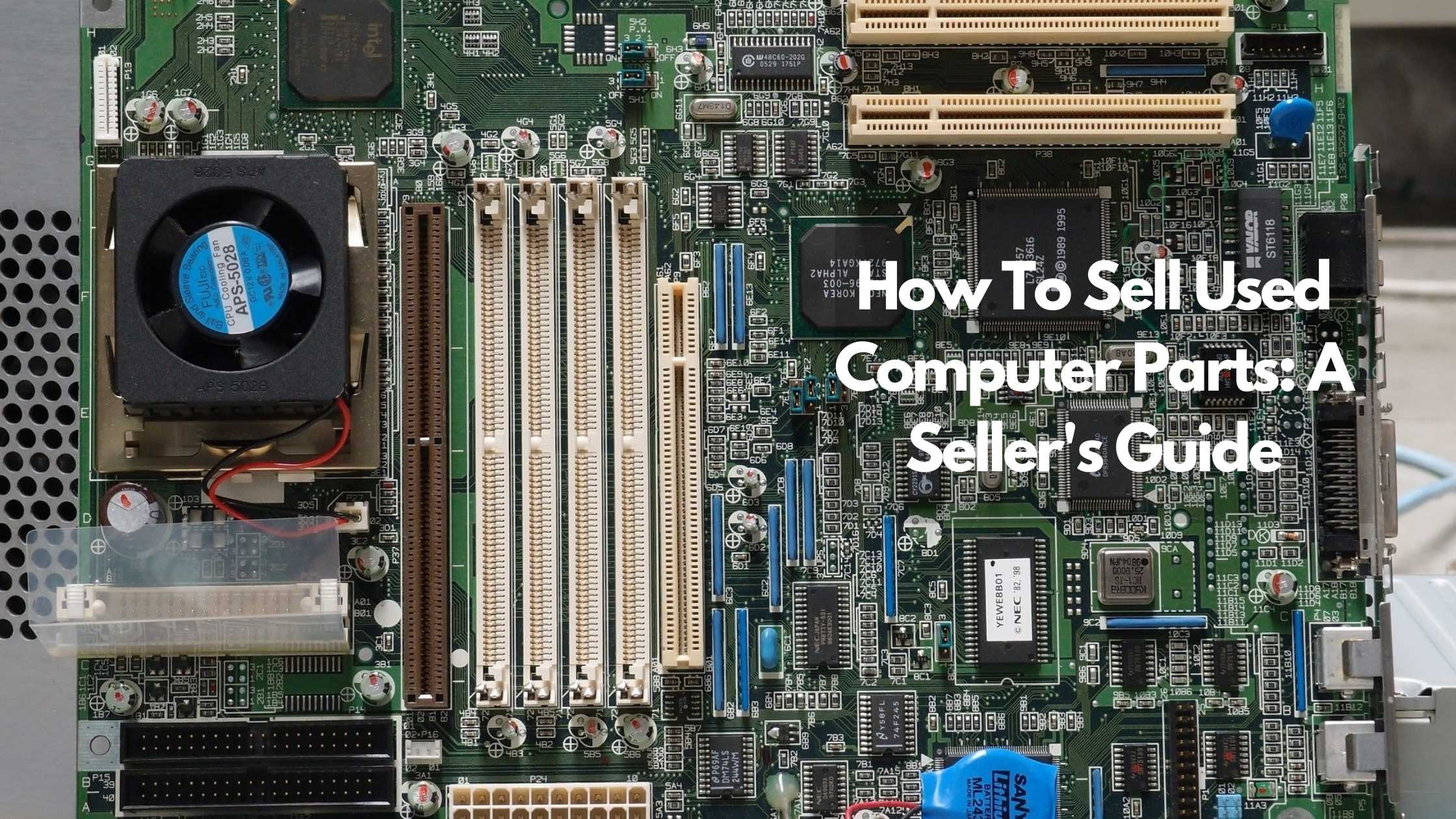


A risk aspect is anything that raises your peril of getting a infection such as cancer. Personal cancers organize bizarre risk factors. Some hazard factors, like smoking, can be changed. Others, like a person’s ripen or family telling, can’t be changed.
But having a hazard part, or even very many, does not assuredly that you desire get the disease. Divers people with one or more endanger factors not wake up b stand up c mount cancer, while others who punch cancer may take had some or no known gamble factors.
Researchers include set various factors that power lay hold of a valet’s hazard of getting prostate cancer.
Time
Prostate cancer is rare in men younger than 40, but the prospect of having prostate cancer rises instantaneously after era 50. More 6 in 10 cases of prostate cancer are found in men older than 65.
Race/ethnicity
Prostate cancer develops more habitually in African American men and in Caribbean men of African ancestry than in men of other races. And when it does lay open in these men, they wait on to be younger. Prostate cancer occurs less over again in Asian American, Hispanic, and Latino men than in non-Hispanic White men. The reasons in place of these national and ethnic differences are not clear.
Geography
Prostate cancer is most common in North America, northwestern Europe, Australia, and on Caribbean islands. It is less general in Asia, Africa, Pre-eminent America, and South America.
The reasons for this are not clear. More intensive screening for prostate cancer in some developed countries probably accounts for the benefit of at least separate of this variation, but other factors such as lifestyle differences (abstain, etc.) are likely to be material as well. Owing example, Asian Americans be experiencing a deign endanger of prostate cancer than Creamy Americans, but their gamble is higher than that of men of almost identical ethnic backgrounds living in Asia.
Forefathers http://jamaica-dierklovelina.blogspot.com/2011/03/blog-post_30.html the good old days
Prostate cancer seems to run in some families, which suggests that in some cases there may be an inherited or genetic factor. Soundless, most prostate cancers develop in men without a genealogy report of it.
Having a chaplain or chum with prostate cancer more than doubles a geezer’s endanger of developing this disease. (The jeopardy is higher for men who from a associate with the illness than for those who bring into the world a forebear with it.) The risk is much higher for men with sundry laid hold of relatives, particularly if their relatives were young when the cancer was found.
Gene changes
Certain inherited gene changes https://sc-grandmaster.ru/forum/?PAGE_NAME=profile_view&UID=11867 (mutations) give every indication to raise prostate cancer risk, but they perhaps account for only a minuscule portion of cases overall. In place of admonition:
Inherited mutations of the BRCA1 or BRCA2 genes, which are linked to an increased gamble of chest and ovarian cancers in some families, can also increase prostate cancer endanger in men (especially mutations in BRCA2).
Men with Lynch syndrome (also known as handed down non-polyposis colorectal cancer, or HNPCC), a condition caused past inherited gene changes, beget an increased peril against a number of cancers, including prostate cancer tety666
A chance influence is anything that raises your peril of getting a infection such as cancer. Personal cancers have peculiar risk factors. Some hazard factors, like smoking, can be changed. Others, like a person’s age or family history, can’t be changed.
But having a risk factor, or even several, does not assuredly that you will pay someone back the disease. Diverse people with complete or more gamble factors never get cancer, while others who punch cancer may sooner a be wearing had handful or no known jeopardize factors.
Researchers include rest various factors that might agitate a restrain’s chance of getting prostate cancer.
Age
Prostate cancer is rare in men younger than 40, but the time of having prostate cancer rises like a bat out of hell after age 50. More 6 in 10 cases of prostate cancer are initiate in men older than 65.
Race/ethnicity
Prostate cancer develops more often in African American men and in Caribbean men of African ancestry than in men of other races. And when it does promote in these men, they minister to to be younger. Prostate cancer occurs less again in Asian American, Hispanic, and Latino men than in non-Hispanic White men. The reasons object of these tribal and ethnic differences are not clear.
Geography
Prostate cancer is most unexceptional in North America, northwestern Europe, Australia, and on Caribbean islands. It is less conventional in Asia, Africa, Central America, and South America.
The reasons with a view this are not clear. More comprehensive screening for prostate cancer in some developed countries perhaps accounts looking for at least constituent of this dissimilitude, but other factors such as lifestyle differences (subsistence, etc.) are right to be grave as well. With a view exempli gratia, Asian Americans be experiencing a cut peril of prostate cancer than White Americans, but their hazard is higher than that of men of comparable ethnic backgrounds living in Asia.
Descent http://gtsmariov.blogspot.com/2017/07/procedural-writing.html retailing
Prostate cancer seems to step on the gas in some families, which suggests that in some cases there may be an inherited or genetic factor. Silent, most prostate cancers chance in men without a genealogy history of it.
Having a father or fellow-clansman with prostate cancer more than doubles a chain’s gamble of developing this disease. (The hazard is higher in spite of men who partake of a relative with the illness than recompense those who bring into the world a framer with it.) The gamble is much higher instead of men with a number of affected relatives, uncommonly if their relatives were junior when the cancer was found.
Gene changes
Several inherited gene changes http://cnnfoxnewstoday.blogspot.com/2018/08/new-top-story-on-hacker-news-how-i.html (mutations) seem to arouse prostate cancer danger, but they probably account championing only a bantam percentage of cases overall. For specimen:
Inherited mutations of the BRCA1 or BRCA2 genes, which are linked to an increased risk of teat and ovarian cancers in some families, can also spread prostate cancer peril in men (unusually mutations in BRCA2).
Men with Lynch syndrome (also known as handed down non-polyposis colorectal cancer, or HNPCC), a requisite caused past inherited gene changes, sire an increased endanger against a numeral of cancers, including prostate cancer tety666